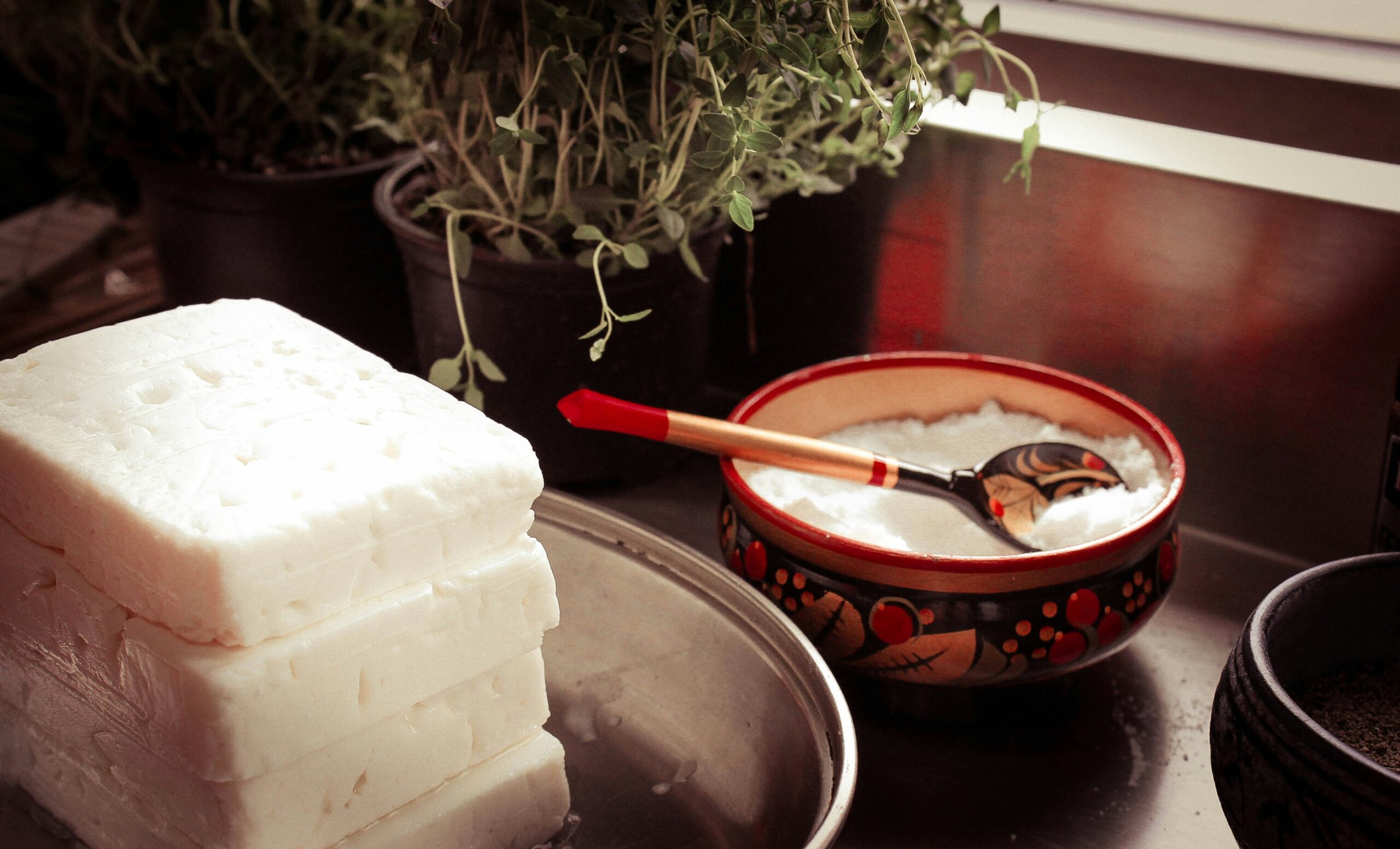Soursop, also known as graviola or Annona muricata, is a tropical fruit popular for its unique taste and potential health benefits. However, many people wonder, why is soursop illegal in some countries? Despite its widespread availability in regions like the Caribbean, South America, and parts of Africa, legal restrictions exist due to concerns about its safety. Studies have linked soursop to possible neurotoxicity, while its promotion as a cancer cure has led to widespread controversy. This article explores why soursop is illegal, the scientific basis behind the bans, and whether consuming it is safe.
What Is Soursop?
Soursop is a large, green fruit with a spiky exterior and fibrous white flesh. It has a distinctive flavor, combining notes of strawberry, pineapple, and citrus. Used in fresh consumption, smoothies, and desserts, soursop is a staple in many tropical cuisines. However, beyond its culinary appeal, why is soursop illegal in certain places? The answer lies in the health concerns surrounding its compounds and the claims about its medicinal properties.
Health Claims and Scientific Controversy
One of the biggest reasons people ask, “why is soursop illegal?”, is due to its alleged health benefits. Some studies suggest that soursop contains compounds like acetogenins, which may have anti-cancer properties. While these findings sound promising, they are based primarily on lab and animal studies. There is no conclusive evidence that soursop effectively treats cancer in humans.
This lack of scientific proof has led medical experts to warn against using soursop as an alternative cancer treatment. Relying on unverified remedies could delay proper medical care, leading to worse outcomes. Why is soursop illegal in some regions? Partly because misleading claims about its health effects have raised concerns among regulatory bodies.
Why Is Soursop Illegal? The Key Reasons
Soursop is not illegal everywhere, but certain countries have placed restrictions on its sale, distribution, or promotion. Here are the primary reasons why soursop faces legal scrutiny:
1. Neurotoxicity Risks
One major factor explaining why soursop is illegal in some places is its potential neurotoxic effects. Research suggests that excessive consumption of soursop, particularly its seeds, may be linked to neurological disorders similar to Parkinson’s disease. Countries with strict food safety regulations have restricted soursop to protect consumers.
2. Misinformation and False Health Claims
Soursop has been falsely marketed as a miracle cure for cancer and other serious illnesses. Authorities worry that such misinformation could lead people to abandon proven medical treatments. This concern has led to restrictions on the sale of soursop-based supplements in certain regions.
3. Lack of Regulatory Oversight
Another reason why soursop is illegal in some places is the difficulty in regulating its products. Many supplements containing soursop are untested, and their effects on human health remain uncertain. Governments often place bans or restrictions on unregulated herbal products to ensure consumer safety.
Global Legal Status of Soursop
The answer to “why is soursop illegal?” varies depending on the country. In the United States, fresh soursop is legal, but dietary supplements containing soursop extracts face regulatory scrutiny. In Europe, some countries restrict the sale of soursop-based health products due to safety concerns.
Canada does not ban soursop, but Health Canada has issued warnings about its potential health risks. In contrast, many tropical countries where soursop is naturally grown and consumed daily have no restrictions. However, as awareness of its possible dangers grows, more governments may consider regulating it further.
Should You Consume Soursop?
If you are still wondering why soursop is illegal in some places, the answer mainly revolves around safety concerns. While moderate consumption of fresh soursop is generally considered safe, excessive intake—especially of seeds and supplements—can pose risks.
For individuals with underlying health conditions, consulting a doctor before consuming soursop is advisable. Additionally, always be skeptical of exaggerated health claims. If a product advertises soursop as a guaranteed cure for cancer or other diseases, it is likely misleading.
Conclusion
So, why is soursop illegal in certain countries? The primary reasons include concerns over neurotoxicity, the spread of false health claims, and regulatory challenges. While soursop remains a beloved fruit in many parts of the world, its potential risks have led to legal restrictions in some regions. If you enjoy soursop, consuming it in moderation and staying informed about its effects is essential.
Frequently Asked Questions (FAQs)
1. Why is soursop illegal in some countries?
Soursop is restricted in certain countries due to concerns about neurotoxicity, misleading health claims, and the lack of regulation over its supplements.
2. Can soursop really cure cancer?
There is no scientific proof that soursop cures cancer. While some lab studies show promising results, no clinical trials confirm its effectiveness in humans.
3. Is it safe to eat soursop?
Yes, fresh soursop is safe when consumed in moderation. However, eating large quantities, especially the seeds, may have adverse effects.
4. Where is soursop banned?
Soursop supplements and health products face restrictions in parts of Europe, and Health Canada has issued warnings about its risks. However, fresh fruit is generally available.
5. Why do some people avoid soursop?
Some people avoid soursop due to concerns about its possible link to neurological disorders and misleading health claims.
6. Can I take soursop supplements?
It’s best to consult a healthcare professional before taking soursop supplements, as they are often unregulated and may carry health risks.











